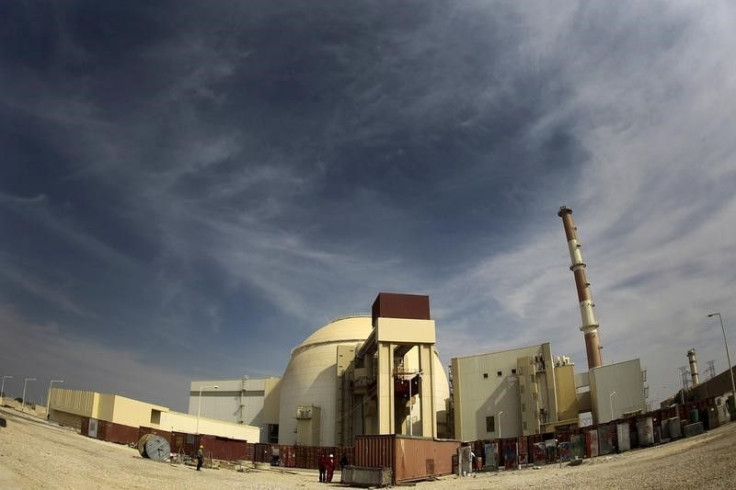Iran Wants Nuclear Flexibility Before It Works with US, Coalition Against ISIS

Iran is willing to work with the United States and the coalition it set up against the ISIS, but not before its demands for nuclear flexibility are met.
However, the U.S. is seen to maintain a hard stance on the matter, maintaining the present conflicts engulfing the region today are a far and separate issue from the nuclear negotiations.
An unidentified senior Iranian official told Reuters that Iran can always help in the fight against the radical terror group ISIS, but it won't be without any strings attached. "You give something, you take something."
But Israeli Prime Minister Benjamin Netanyahu immediately denounced easing the restrictions on Iran's nuclear programme in exchange for its cooperation to the U.S.-led coalition versus ISIS.
Netanyahu said on Sunday that Iran wants the restrictions lifted on its nuclear programs because all it really wants to is "control the Islamic world," likening the country's game plan to that of Syrian President Bashar Assad who wants his chemical weapons returned to him so he can fight against the Islamic State.
The unidentified Iranian official maintained the threat to world security is ISIS and the country's nuclear programme. "It's actually a peaceful program." Iran, in November 2013, froze parts of its atomic program in exchange for limited sanctions relief.
On Sunday, US Secretary of State John Kerry met with Iranian Foreign Minister Mohammad Javad Zarif to discuss the progress of Iran's nuclear program.
An unidentified senior State Department official quoted by the WSJ said the two leaders spent time reviewing the status of the EU-led P5+1 negotiations on Iran's nuclear programme. They likewise discussed the threat posed by the ISIS militants in Syria and Iraq.
But it remain unclear if there was any clear cut discussion made on ISIS.
"Going forward, the Secretary and Foreign Minister Javad Zarif agreed to meet further as needed while in New York this week."
The P5+1 Group is composed of the U.S., U.K., France, Germany, China and Russia. Iran had consistently insisted its nuclear programme is purely for peaceful civilian purposes only.
On Friday, Kerry had insinuated that the U.S. position on Iran's nuclear program may be shifting. However, he maintained that the country's nuclear capability and its participation into the fight against ISIS must be tackled and discussed as separate matters.
U.S. President Barack Obama will meet Iranian President Hassan Rouhani on Thursday in New York, senior U.S. officials have said.





















